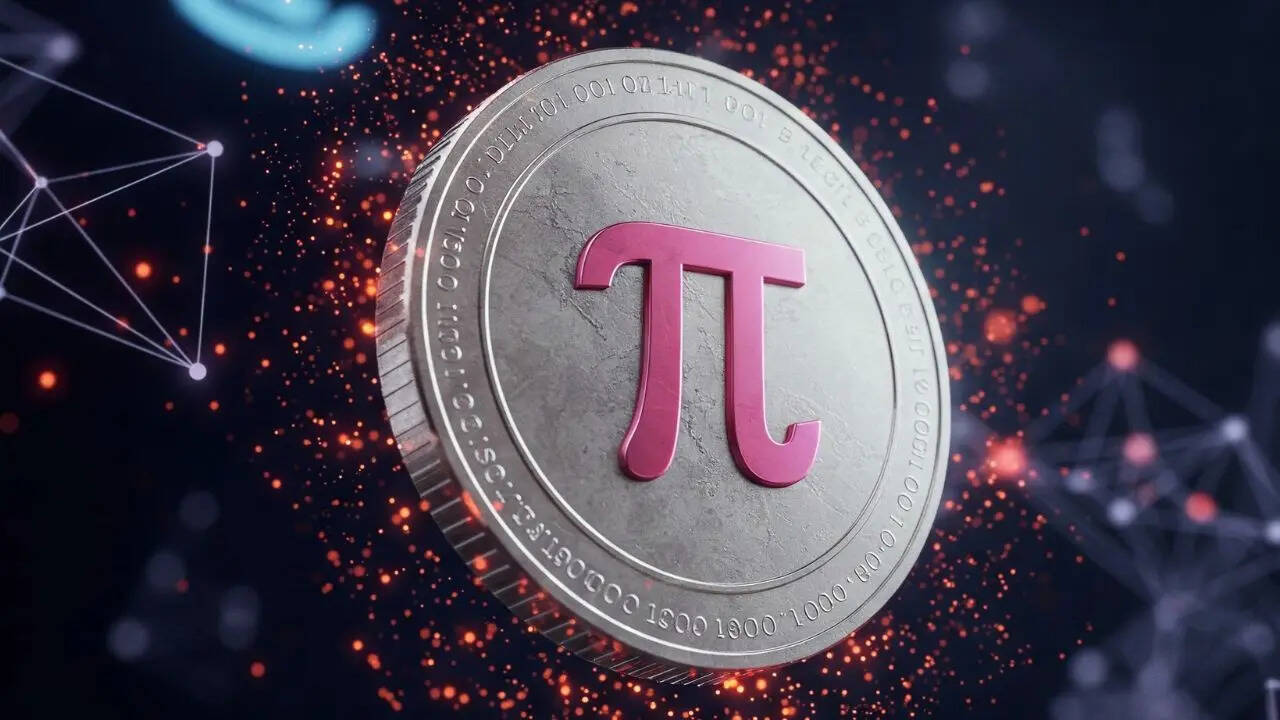
The core development team, which includes Kokkalis and Fan, controls 20 billion tokens, now worth approximately USD 13.2 billion at the current FDV.
The cryptocurrency Pi Network has seen its market value plummet by nearly 80 per cent since February 2025, trailing behind the ongoing crypto rally that has propelled Bitcoin past USD 93,000 and pushed the total market capitalisation of digital assets to nearly USD 3 trillion. The price collapse has reduced Pi’s market capitalisation from USD 19 billion to just USD 4.62 billion, while its fully diluted valuation (FDV) has shrunk from over USD 300 billion to USD 66 billion.
Despite this downturn, public data reveals that Nicolas Kokkalis and Chengdiao Fan, co-founders of Pi Network, have quietly become crypto billionaires through strategic token allocations. According to a recent crypto.news report, Pi Network has a maximum supply of 100 billion tokens—65 billion of which have been assigned to its global user community, known as “pioneers”.

The core development team, which includes Kokkalis and Fan, controls 20 billion tokens, now worth approximately USD 13.2 billion at the current FDV. If split equally, this gives each founder a paper net worth exceeding USD 6.6 billion. Additionally, the Pi Network Foundation holds 10 billion tokens, also valued at over USD 6.6 billion, though the foundation’s governance and fund access remain undisclosed. It is widely speculated that the founders retain indirect control over these reserves as well.
The project, run by parent company SocialChain, reportedly employs around 40 people, as per PitchBook data. While the exact number of beneficiaries within the core team is unclear, even a conservative estimate places each founder’s holdings comfortably in billionaire territory.
Still, most of these holdings are currently locked. Blockchain explorer PiScan confirms that tokens will only unlock gradually until May 2028, with monthly unlocks averaging 131.2 million tokens, currently worth around USD 87 million.
The network’s price struggles have raised concerns among users who await the full launch of the mainnet, expected to improve liquidity and decentralisation. A previous interview with the founders suggested plans for utility-based growth and decentralised applications, but these have yet to materialise in a way that boosts investor confidence.
